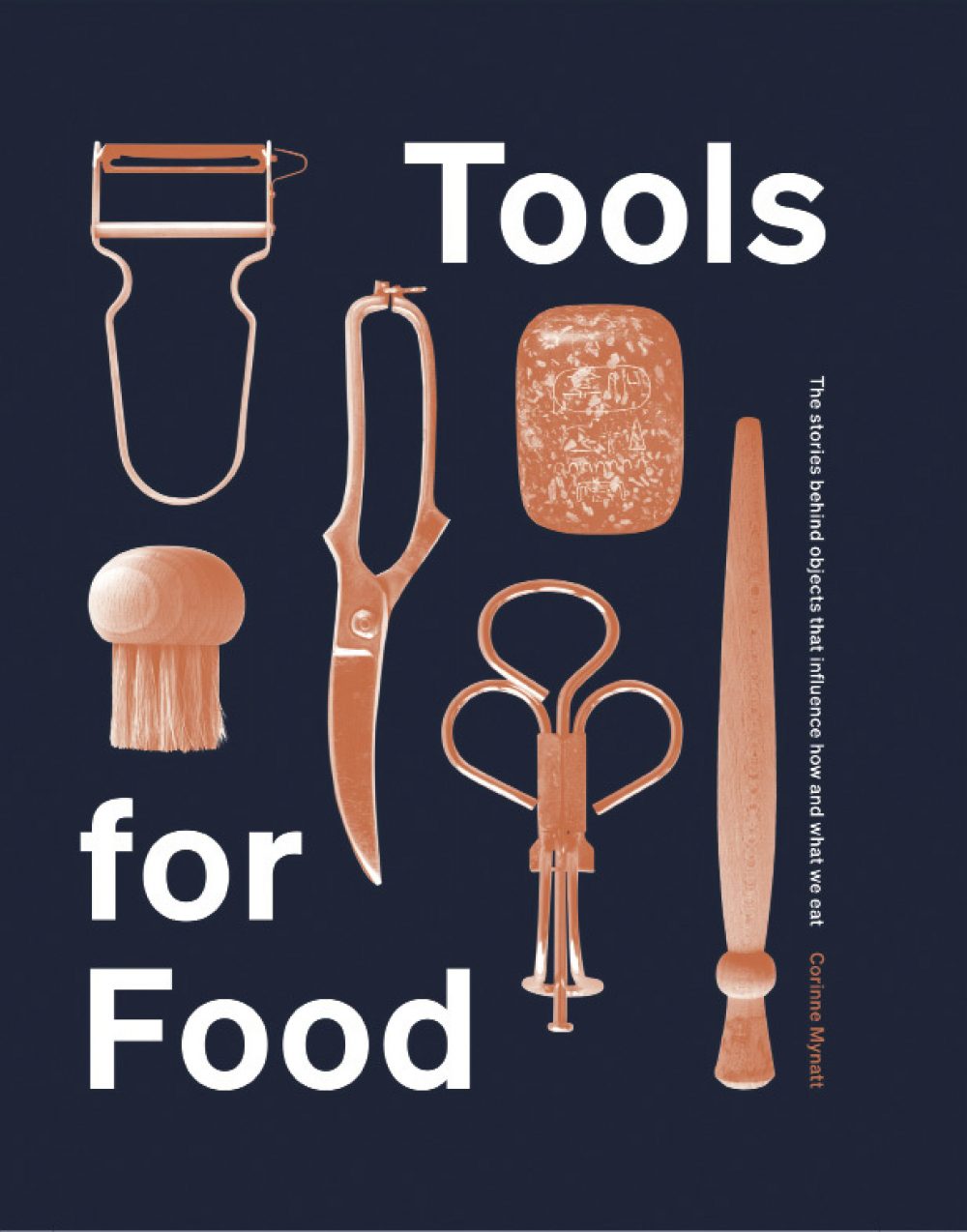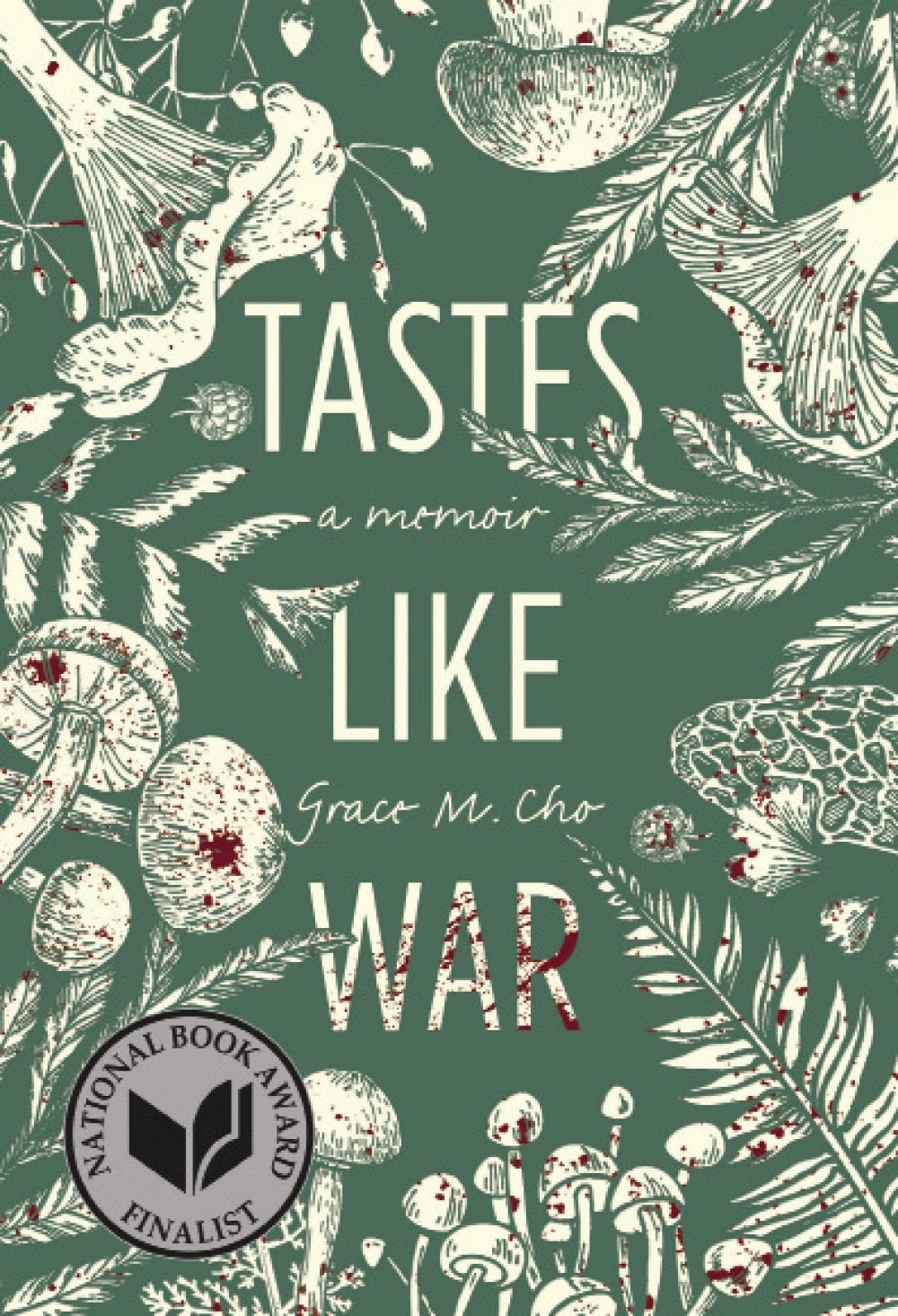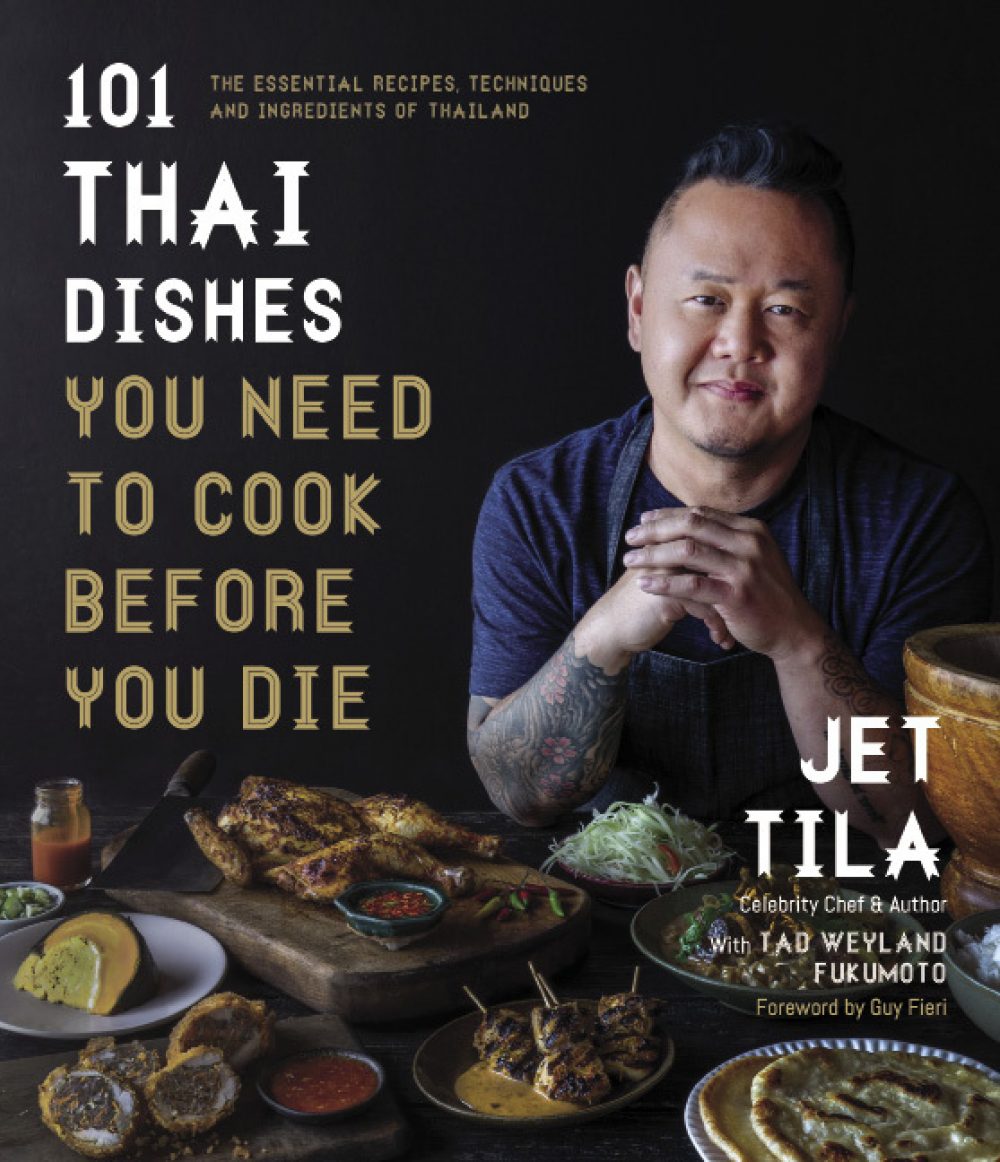Tools for Food
By Corinne Mynatt
The digital age has produced innovations that give us the sense that we are smarter than earlier generations, a notion this book seeks to dispel. If metallurgy did not exist, how would one make a colander? The answer: an animal skin with holes burned into it with a hot iron. Or if one were roasting meat for hours, one might turn the spit using a dog-powered treadmill. We have nothing on our forebearers in terms of creative problem-solving, which gave us cassava squeezers, dough troughs, horsehair sieves and cheese keepers, as well as the duck press (used to press duck carcasses to make a blood sauce) and the soba kiri (a knife designed specifically to cut soba noodles). The iPhone is a great invention, to be sure, but no more so than, say, a Mongolian fire pot. They both change the way we think of ourselves as modern.
Tastes Like War
By Grace M. Cho
Grace M. Cho’s mother was born in Korea when it was under the control of imperial Japan. A Korean war survivor, she lost much of her family by the time she was in her 20s. At age nine, she was separated from her family and found her way back to their now-abandoned home, living alone for most of a year, eating kimchi out of an earthenware jar buried in the backyard to stay alive. She later landed a job selling drinks at a U.S. naval base, where she developed a lifelong taste for cheeseburgers and met Cho’s father, an American in the Merchant Marines. They moved to Chehalis, Washington, where Cho’s mother was one of the first immigrants in town. She grew obsessed with foraging and became known as “the Blackberry Lady.” Later on, she developed mental illness, probably schizophrenia. In later years, Cho started cooking for her mother, and their relationship deepened. Her mother taught her to make saengtae jjigae, a fish stew. The food so deeply connected her mother to her childhood that after she died, Cho visited the funeral director and brought a piece of fried fish to cremate along with her. She laid the fish next to her mother and told her, “I didn’t forget, Mama. I brought you the saengseon jeon.” Many cookbooks tell the story of food connecting generations, but “Tastes Like War” goes deep, with an honest, no-holds-barred look at the dark underbelly of immigration and the unexpected joys of food memories that run sweet as well as bittersweet.
101 Thai Dishes You Need to Cook Before You Die
By Jet Tila
Jet Tila was born into the “first Thai food family” of Los Angeles. His parents opened Bangkok Market in 1972, followed by Royal Thai, among the first Thai restaurants in the area. Before becoming a chef, Tila worked many odd jobs (including as a deckhand for fishing charters) before eventually studying at Le Cordon Bleu and the California Sushi Academy. By 2009, Tila was running his first big restaurant, the Wazuzu at the Encore in Las Vegas. Though the title of his new book gave me pause, the recipes soon convinced me that Tila is a terrific translator; he understands how to take the notion of salty, savory, sour, spicy and sweet and package it for a North American audience. He has chosen the recipes we are most familiar with (including Thai omelet, pad Thai, drunken noodles and street-style basil pork), creating a collection that instills confidence and maximum food appeal. Tila is a good storyteller: He holds the record for the biggest stir-fry ever at 4,000 pounds, and he talks about his family’s market supplying the set of “Star Trek” with durian and jackfruit since, at the time, it looked like food for Klingons. Tila also is a good culinary instructor, pointing out that sweet needs salt (bravo!), highlighting Thai cuisine’s Indian and Malaysian influences, and revealing one of the main secrets of Thai cooking: how a handful of ingredients can be used in dozens of different dishes. Lesson learned.









